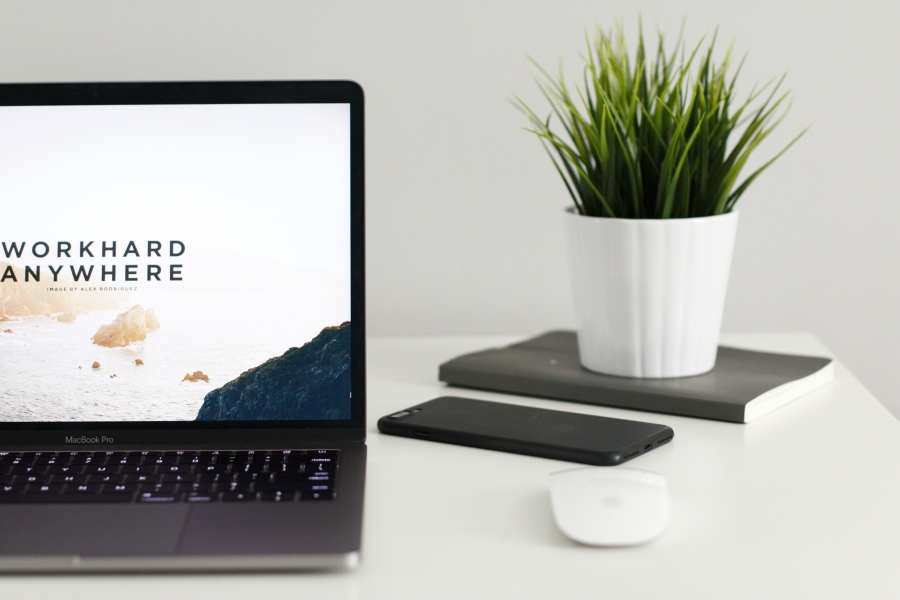Innovative and creative individuals often have excellent business ideas, and many choose to act on those ideas by launching a startup. Startups can be challenging and stressful, and you should take advantage of every tool and resource possible to promote success with your venture. Technology has evolved considerably over the last couple of decades, and it has enabled small startups to hire remote workers who are fully capable of working in the same fashion that in-house employees may.
Remote workers offer numerous benefits that you cannot enjoy by hiring in-house employees. For example, they may be more satisfied with their jobs. This decreases turnover and leads to improved productivity. You may also be able to reduce overhead because you will not have to pay for office supplies, equipment and more. However, when you are hiring a remote worker to join your team, you must adjust your hiring process to ensure that you find the right candidate for the position.
Are You Ready for the Remote Workforce?
Before you begin your search for a great applicant to hire, you must analyze your startup to ensure that you can handle a telecommuter. For example, you need to have cloud-based technology for collaboration as well as related project management tools. In addition to having access to the right technology, you also must have a great mindset about them. These individuals require regular communication and updates. You should be willing to make them feel as included as possible so that they feel just as valued and important as in-house employees.
What to Look for in Future Employees
When you are certain that hiring a remote worker or two is a smart idea for your startup, your next task is to begin your search for desirable applications. Ideally, these will be individuals who have all of the skills and experience that you are looking for, and they also may have experience working remotely with past positions. However, they should also have the right type of personality: they should be self-motivated, organized, positive, dedicated, tech-savvy, reachable, and skilled-communicators.
When you are interviewing remote job applicants, you should ask several specific questions related to remote work activities to see if they have what it takes.
1. Describe your remote work experience.
Ideally, the candidate will understand the challenges associated with a remote position and will already know how to handle them through personal experience. While there are distractions in a workplace, remote workers also have distractions from home life. For example, children may cause interruptions, or neighbors may drop by. Remote workers must be disciplined to resist distractions at home.
2. Which tools have you used to complete remote projects?
This question helps you to gauge how knowledgeable the applicant is with critical technological applications and programs that are required for communication and sharing files. This will also tell you how prepared they are to learn new things, use up-to-date tools and technologies. The use of those tools helps remote workers to be easily accessible during business hours. You’ll know that they will be able to deal with urgent issues as soon as they arise.
3. Describe your working space.
The ideal response to this is that the applicant has a dedicated workspace that is removed from the main living area in the home and that is fully set up for immediate work activities. This shows you how motivated and dedicated the candidates are. If they have adapted a part of their house to work, this isn’t just a short-term way to earn some extra money. They are confident that remote work is their ideal solution. Also, you can be certain that sensitive information will be safe in a space where kids and others do not spend time in.
4. Describe your typical working day.
Through this question, focus on how the individual addresses time management and organization at home. These are workers who cannot be constantly monitored, and they must be self-motivated to work independently.
5. What was the most difficult work-related decision you had to make? How did you handle it?
Those who work remotely do not have the luxury of being able to consult with others when they need to make a fast decision, and they must feel confident to act with conviction. The answer to this question will also show you how they deal with stress. Remote workers can feel intense stress at times, and they should have a positive outlook to handle it and to take care of their own health.
Through all of these questions, you will find out how skilled of communicators the candidates are. Communication is critical when working remotely, and your ideal candidate should be able to communicate clearly and in a concise manner for efficiency.
In Conclusion
While you need to ensure that remote job applicants have the skills, education, and experience necessary for the position, you can see that other important factors also must be reviewed and analyzed. As you prepare to start searching for the ideal candidate for a remote position, focus your attention on these points.








